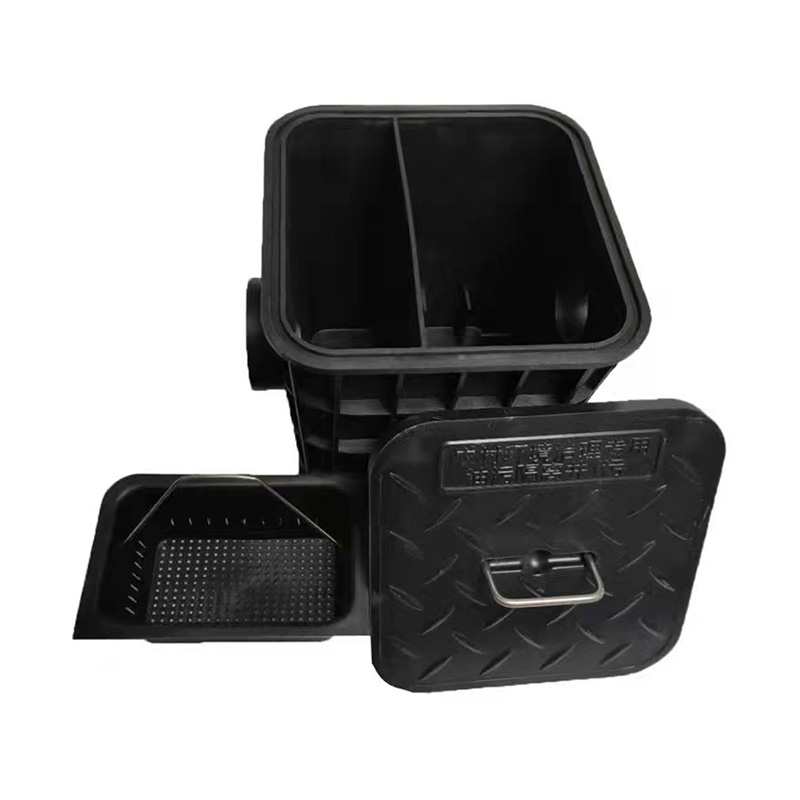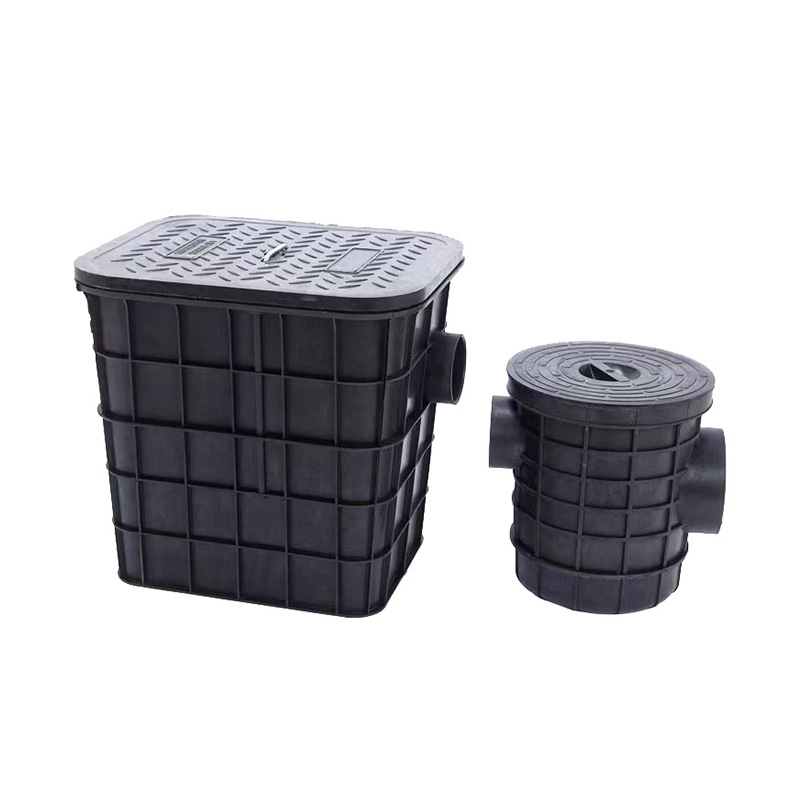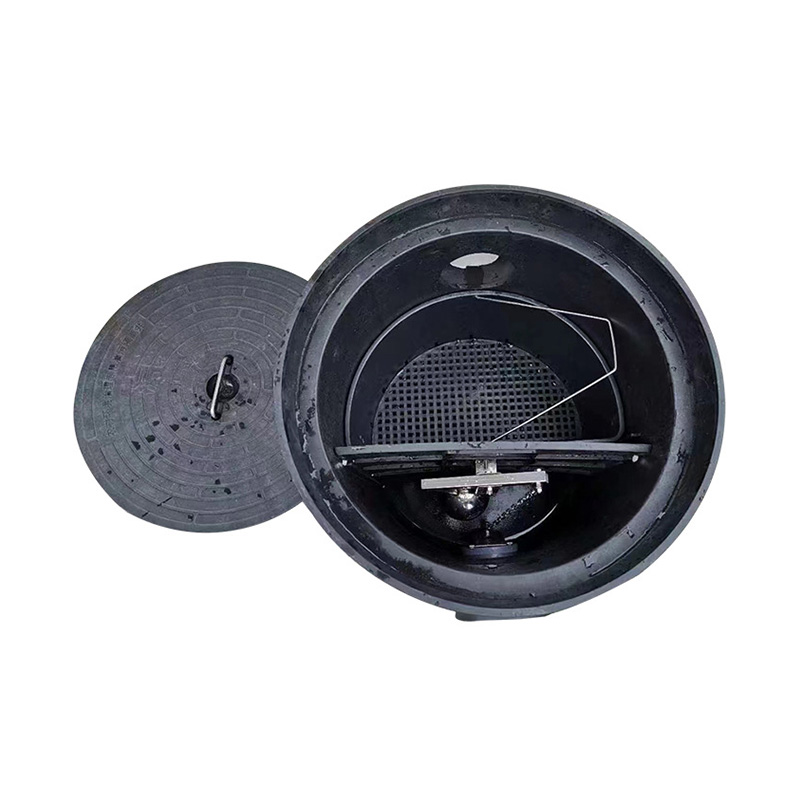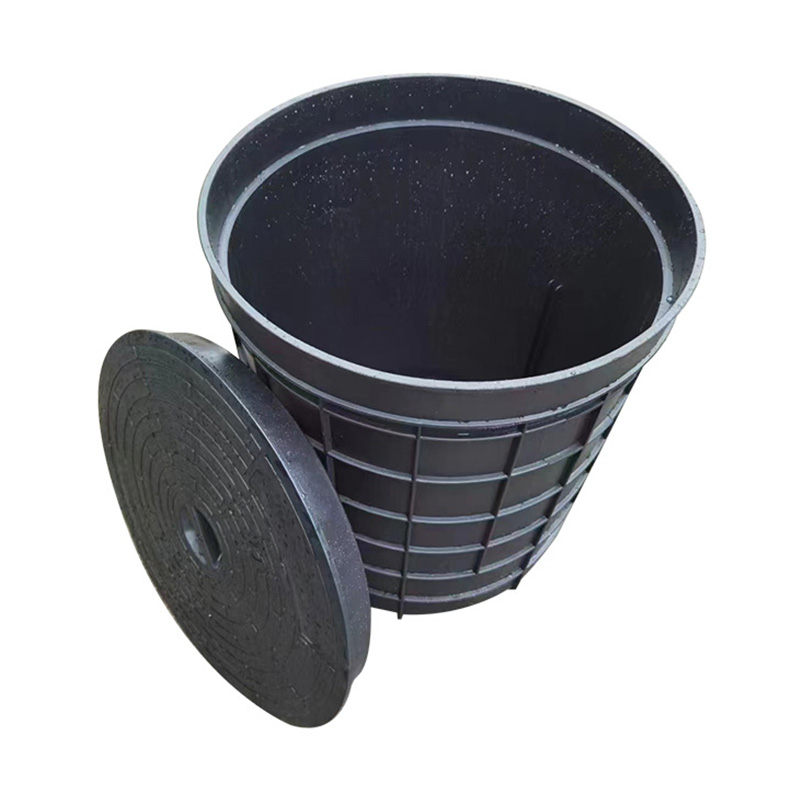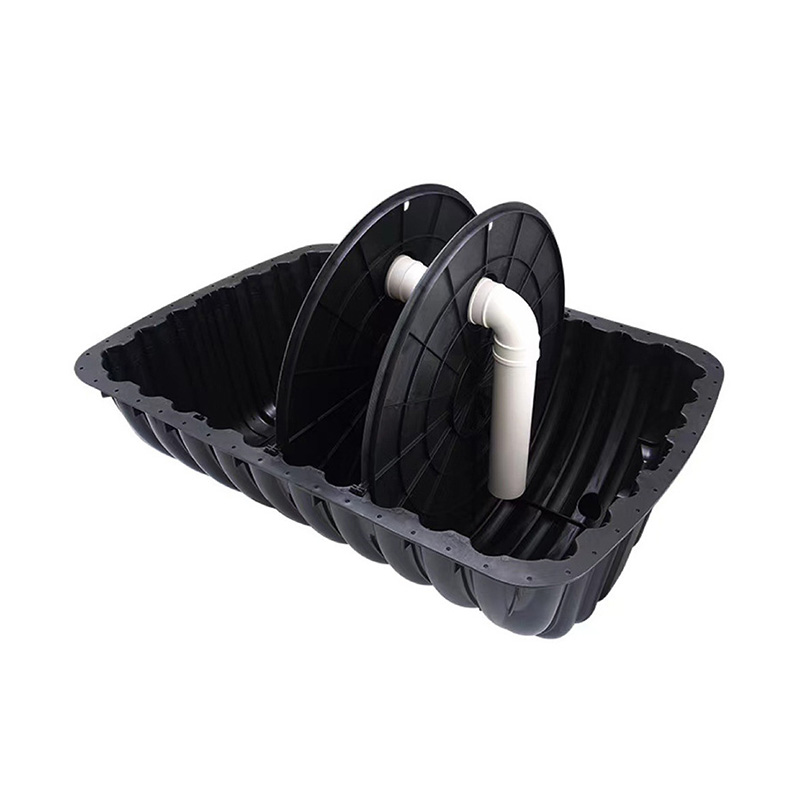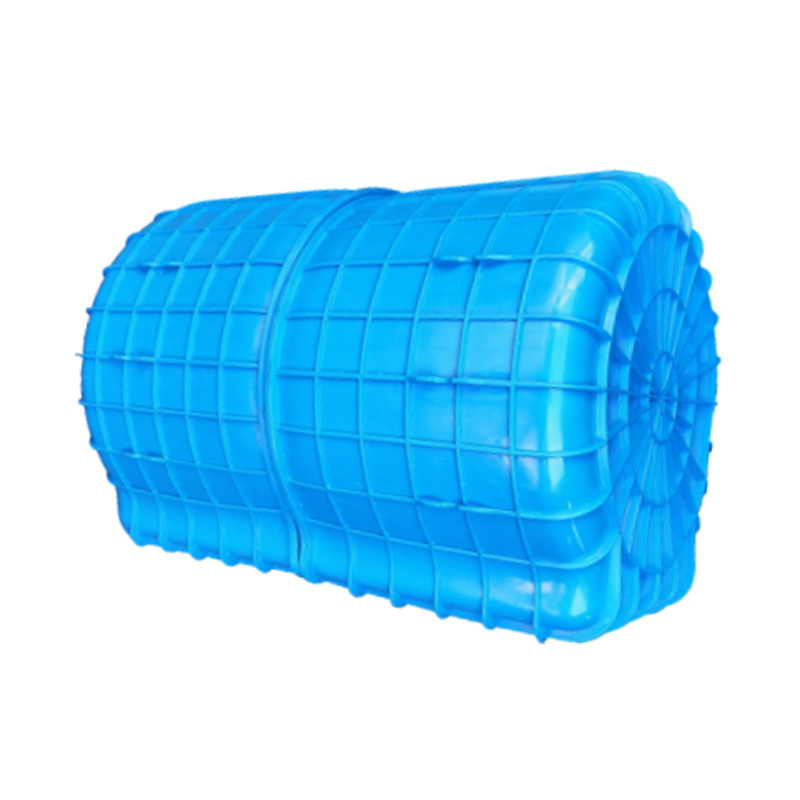Deep water aquaculture, a burgeoning sector within the broader field of fish cage farming, is rapidly gaining traction as a sustainable and efficient method for producing high-quality seafood. As the demand for fish and other aquatic species continues to rise, the industry must navigate a complex array of factors to ensure the success of these ventures.
The step in establishing a deep water aquaculture operation is selecting an appropriate site. This involves a thorough environmental assessment to determine water quality, depth, currents, and the potential for natural predation. The site must provide good conditions for the chosen species, ensuring that the fish cage farming can be conducted with minimal environmental impact.
Adhering to local, regional, and international regulations is crucial. This includes obtaining the necessary licenses and permits for fish cage farming, ensuring that the operation complies with environmental protection laws, and maintaining transparency with regulatory bodies.
The design and construction of cages in aquaculture are paramount. Cages must be robust enough to withstand harsh marine conditions while providing a safe and healthy environment for the fish. Materials, size, and configuration of the cages in aquaculture must be carefully considered to optimize fish growth and minimize the risk of escapes.
Choosing the right species for deep water aquaculture is essential. The species must be well-suited to the local environment and market demand. Stocking density within the cages in aquaculture must be carefully managed to prevent overcrowding, which can cause stress, disease, and reduced growth rates.
Proper nutrition is vital for the health and growth of fish in deep water aquaculture. High-quality feed must be sourced, and feeding regimes must be tailored to the specific needs of the species. Overfeeding can cause waste and environmental pollution, while underfeeding can stunt growth and compromise fish health.
Fish health is a critical aspect of deep water aquaculture. Regular monitoring for diseases and parasites is essential, along with the implementation of preventive measures such as vaccination and biosecurity protocols. The use of antibiotics and other medications must be carefully managed to avoid resistance and environmental contamination.
Maintaining good water quality within the cages in aquaculture is crucial for fish health and growth. Parameters such as dissolved oxygen, pH, temperature, and nutrient levels must be closely monitored and managed to prevent stress and disease.
Deep water aquaculture operations must implement effective waste management strategies to minimize environmental impact. This includes managing uneaten feed, fish waste, and any chemicals used in the operation. The use of environmentally friendly materials and practices can help reduce the ecological footprint of fish cage farming.
Incorporating advanced technologies and automation into deep water aquaculture can improve efficiency, reduce labor costs, and enhance monitoring capabilities. This includes the use of sensors for real-time data collection, automated feeding systems, and remote monitoring tools.
Finally, the economic viability of a deep water aquaculture operation must be assessed. This includes understanding market demand, establishing supply chains, and setting competitive prices. The operation must be financially sustainable while also providing value to the local economy and community.
Setting up a successful deep water aquaculture operation requires a multifaceted approach that considers environmental, regulatory, technical, and economic factors. By carefully planning and managing each aspect of fish cage farming, from site selection to market access, operators can ensure the long-term success and sustainability of their deep water aquaculture ventures.

 English
English русский
русский Español
Español عربى
عربى